
This concise slideshow serves up a bounty of recent research findings to help your patients make healthful dietary choices.

This concise slideshow serves up a bounty of recent research findings to help your patients make healthful dietary choices.

A Swedish analysis has identified 5 diabetic "clusters" that could aid diagnosis and individualize treatment. Scroll through our quick slideshow for details.
Sample: Between 2012 and 2016, the number of prescriptions for gabapentin in the US increased by approximately how much?

Sample: Which vaccine is considered optional for healthy adults aged 50-64 years? Hepatitis A? Pneumococcal? Other?
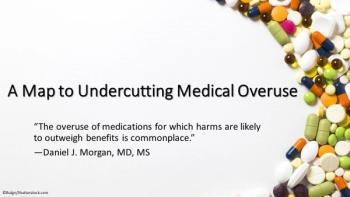
This guide shows the way to reducing unnecessary and potentially harmful tests and treatments.

Ongoing Shingrix shortage, thyroid medication recalled, reduced opioid manufacturing, and more Rx updates that could impact your practice.

Opioids, alcohol, other? In our short slide show, we review the top 5 apps to help you guide patients to and through addiction recovery.

Men with diabetes are 3 times more likely to have erectile dysfunction, but are often too embarrassed to talk about it. How can we help open the dialogue?

A 2-year-old boy is seen for 2 days of cough, high fever, vomiting, and a rash. Is the rash location a clue to diagnosis?

Three siblings share a scaly, lizard-like rash. Neither parent has the condition. What do you think this could be?

Highlights include: Eliminating dangerous drug abbreviation habits, easy-to-use online drug interaction checkers, and more.

Sample: Approximately what percentage of patients with major depressive disorder may actually suffer from atypical depression, according to DSM-IV criteria?
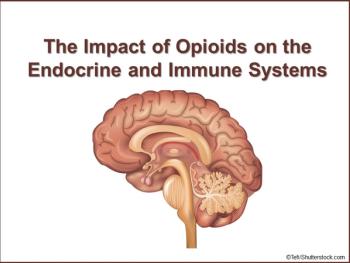
How much do you know about the impact of opioids on the endocrine and immune systems? Take our 9-question quiz to find out.
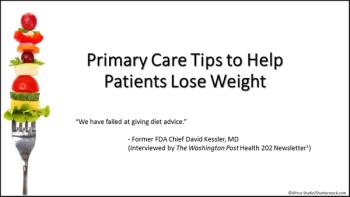
What tips can you give your patients to help them lead a healthier lifestyle? Click through this quick slideshow to find out.

Patient Care scoured the web to find the top news in medicine this month that could affect your practice. Which ones made the cut?

Which immunization apps should you put on your mobile device today? Our app reviewer offers the complete rundown.
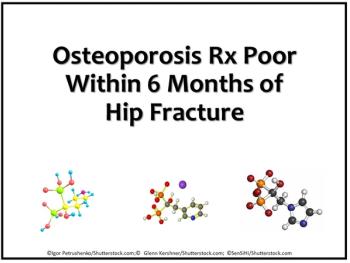
A new study found that post-hip fracture, less than 5% of elderly patients were started on osteoporosis medication despite high risk for recurrent fracture.

What does a common species of water fowl have in common with this finger injury?
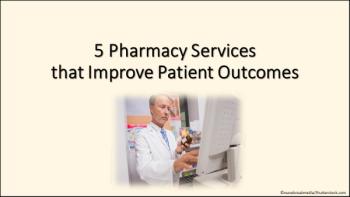
How can your local pharmacy help improve patient outcomes and reduce cost of care? A PharmD explains these 5 "hidden gem" services.
_1.jpg?w=350&fit=crop&auto=format)
The new USPSTF osteoporosis screening recommendations are out. Find out what's new and how much you know.